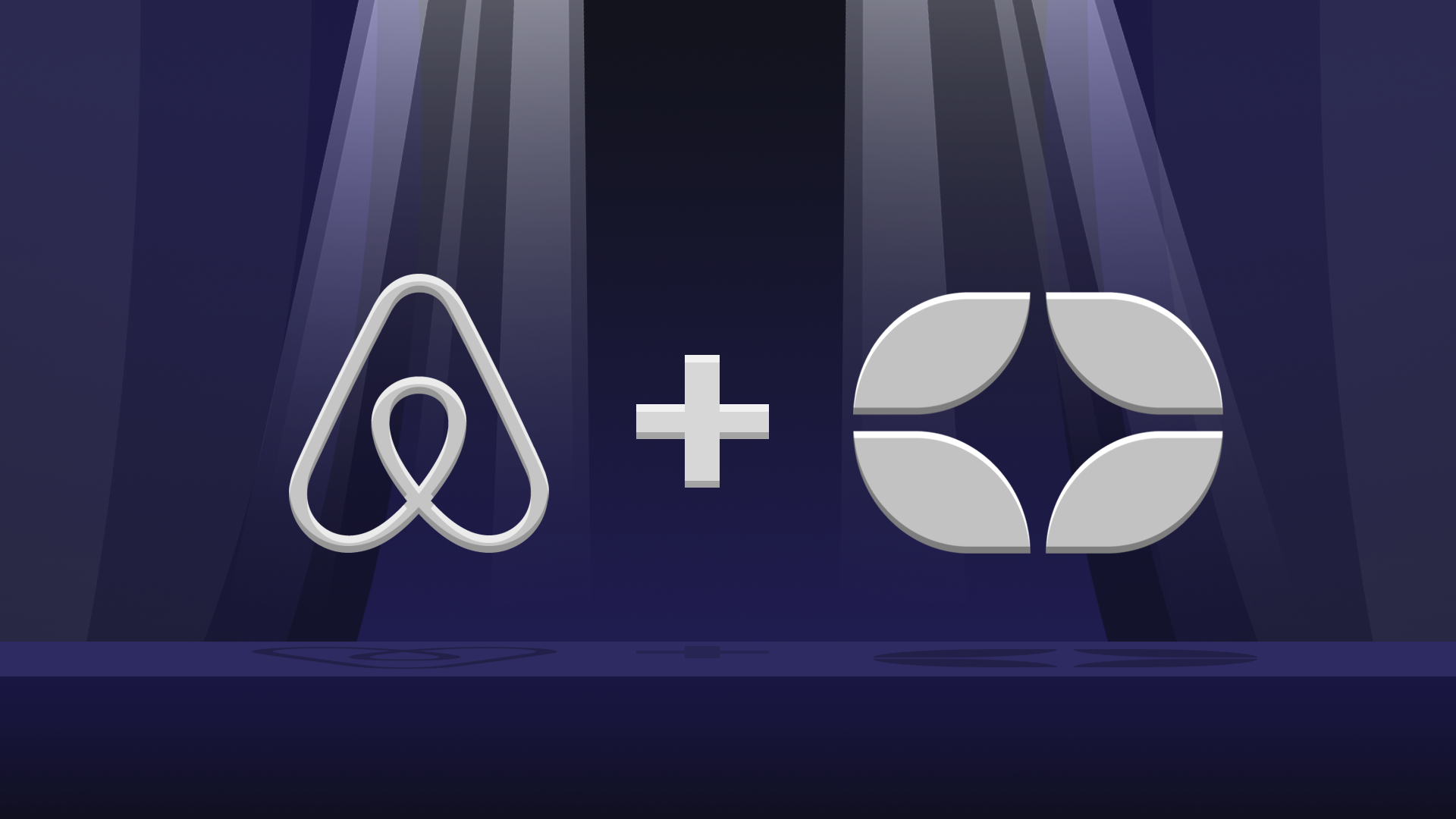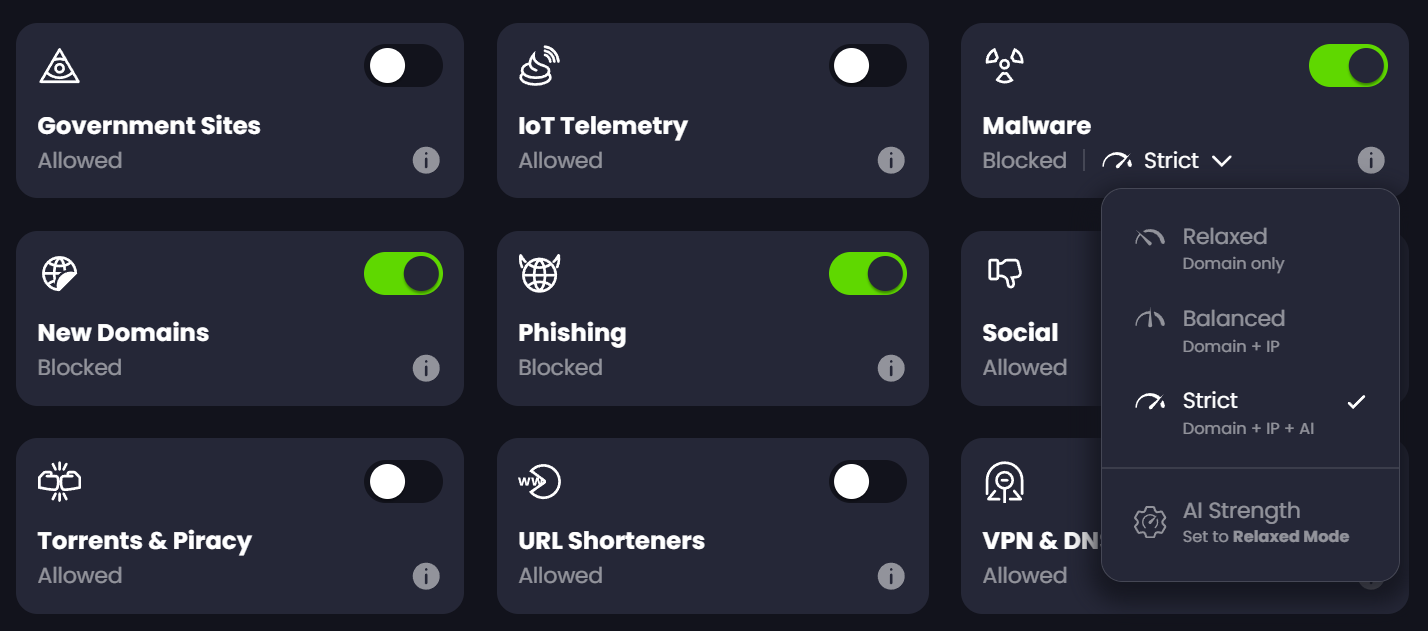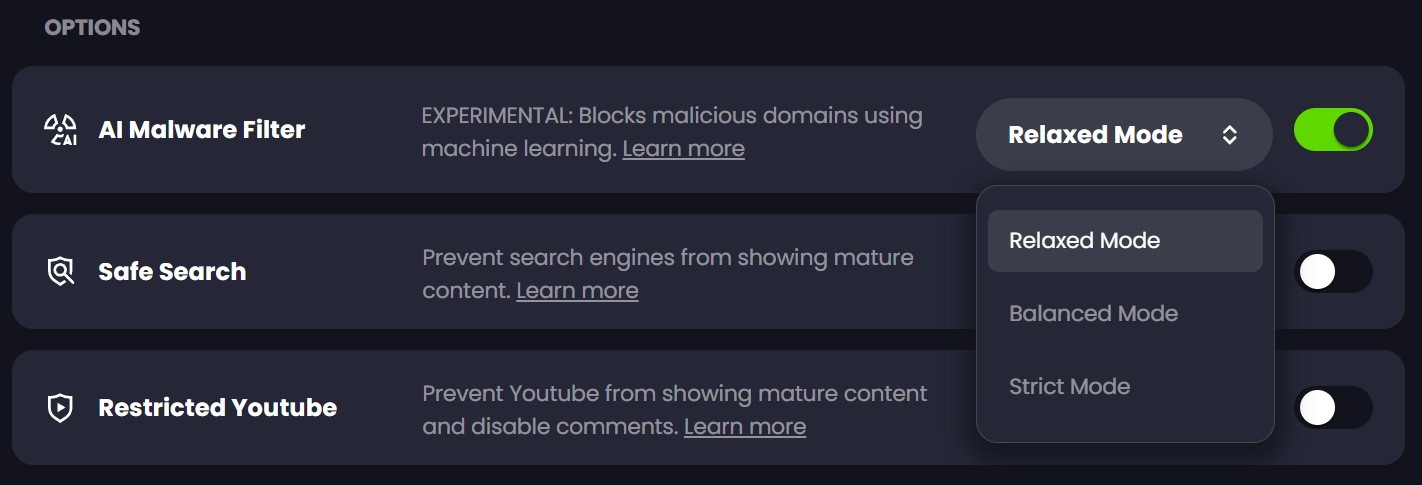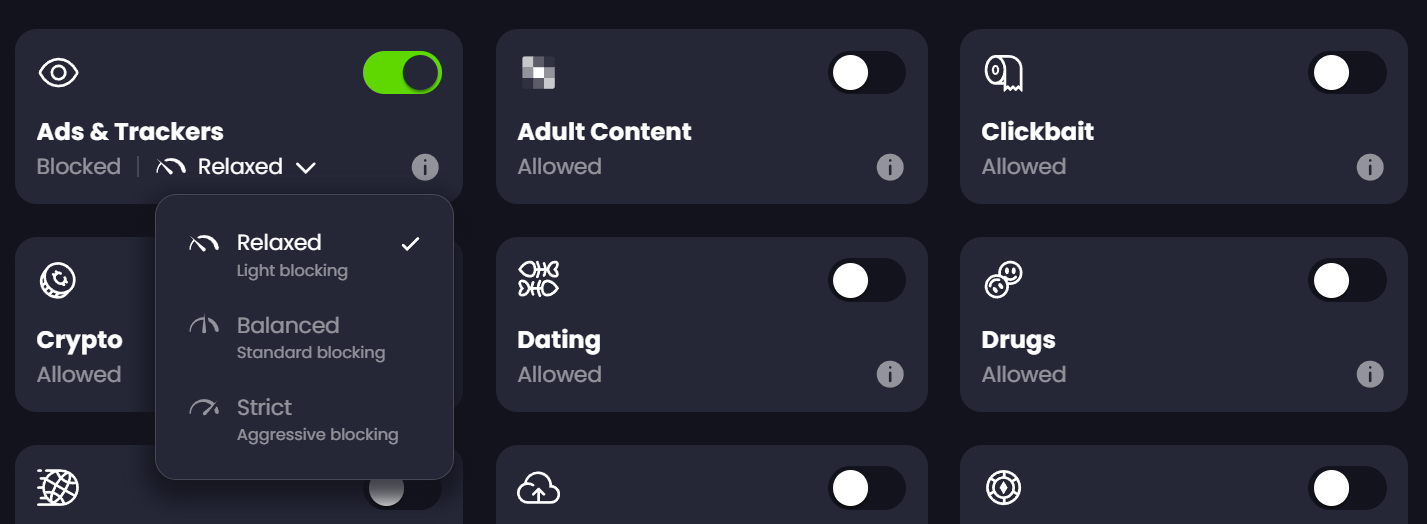Control D for AirBnb: Keeping Your Investment Safe and Your Guests Happy
Protect your AirBnb with Control D. Easily provide a fast and safe connection for your guests, and legally protect yourself from illegal torrenting and streaming.

AirBNB has been a blessing for many travellers and homeowners alike. Want to check out a new city? Now you can live like a local, in a great unit, for considerably less money than hotels (for the most part, at least). Own a property and want to boost your yearly income? AirBNB is a perfect side income. However, preparing yourself to be a great AirBNB host involves a lot more than listing your property on the website: ensuring you have a reliable cleaning company; making sure all the amenities are available and functional; having the key handoff properly planned - and those are just the obvious requirements.
Naturally, many challenges that arise in being a host have been mitigated with the advent of logistics and property management software. However, one aspect remains quite difficult to manage from a host perspective (specifically someone that is not that technically savvy): providing great internet connectivity while securing your property’s network to accommodate AirBNB guests safely. We designed Control D for this very purpose - a very easy to use network management tool to help you ensure that you and your guests are protected against malicious content, ISP interference, high bandwidth costs, and many other instances. Did we mention you can control and monitor your networks remotely? If you own properties in other areas of the world, you can see exactly what is going on from anywhere in the world.
The First Risk: Adware and Malware Infecting Your Network
Many hosts simply provide their guests with a WiFi password set up on the property router. While this is the easiest way of getting a guest connected to the internet, it opens up a lot of security risks for the host and the property’s network.
Let’s say you are a host, and a guest has begun their stay at your property. They are connected to the internet through your router, and are able to browse, stream and download any content they desire. Though they have no malicious intent, they could inadvertently access malicious sites that then infect their computer, or worse, your home network and all its connected devices.
There is no way to ensure that the users connected to your network are adequately protected against infections on their own machines, let alone your network - they may not know how to properly use ad blocking software; they may not know how to enable good antivirus software; they may not even know not to click the “meet singles in your area” links on the websites they visit. There are tons of ways for their computers, and by extension, your network, to become infected from websites that host malware and adware. If your network becomes infected, then all subsequent guests that connect to it could be infected as well.

Control D allows you to easily manage this problem by removing adware and malware at the source. We do this by cross referencing your connection requests (the websites your guests are accessing, for example), with an expansive, by-the-minute updated list of malware domains and hosts hosts. We have the most expansive list of infectious hosts on the planet. Furthermore, Control D has an AI filtering capabilities that use machine learning to automatically classify malicious domains that may not already exist in our blocklists.

This means if your guest does access a website with malware on it, the page simply won’t load in its entirety - the malicious code will not work. All of this is done at the DNS level, before information is even transmitted to your network or device(s). Pretty sweet.
The Second Risk: Getting Sued by Your Internet Service Provider
The second risk is legal action levied against you by your Internet Service Provider (ISP). Let’s say your guest(s) decide to torrent or illegally stream a movie while connected to your network without using a VPN. The vast majority of ISPs monitor connections for copyright infringement, which results in you receiving a letter demanding money for downloading the file. Your guest is not liable in this case, you are. This applies to illegal streaming services as well. If your guest is trying to stream a film that isn’t available on Netflix, for example, you could be held liable for it.
With Control D, you can simply restrict access to the torrenting websites and search engines that facilitate peer to peer downloads (a.k.a. torrent links). When you are configuring your Control D account, you can easily toggle the restrict “Torrents and Piracy” button and your guests will be unable to access torrenting sites.
As mentioned earlier, torrenting isn’t the only action that can land an AirBnb host in hot water - streaming from illegal sites can also affect your legal relationship with your ISP. Control D limits access to these black market streaming sites as well, by enabling the same toggle listed above during set up.
If you don’t want to restrict your users from accessing this type of content, you can easily re-route all streaming/torrenting traffic through a VPN, effectively bypassing your ISP entirely. You stay safe from legal action, and your guest can download whatever they want. Win, win.
But, and there is always a but, while you may be legally protected now that you have enabled Control D piracy restrictions on your network, there is still a third risk that you have to consider when dealing with guests…
The Third Risk: High Bandwidth Costs
If you are a host or own a property in a country that charges you for bandwidth, accommodating streaming, downloads, and rampant internet use may increase your monthly costs dramatically. Control D can radically reduce these costs to you by blocking access to certain content.
Firstly, Control D can block ads from a DNS level (meaning they don’t even get transmitted to your modem). While this may not seem like a big deal, ads take up roughly 50% of your bandwidth when browsing regular websites. All of those images and trackers take up a lot of space, and when you block them, your bandwidth and its associated costs are drastically reduced. If you want to take a nuclear approach to bandwidth limitation, you can enable a cap directly through your router.

While it may seem like a minor issue, high bandwidth usage can end up costing you a good sum of money over the course of a year, cutting into your AirBnb property’s bottom line profits.
Additional Benefits
Now that we have gone over the risks and how to avoid them, let’s discuss some of the additional benefits. When you mitigate the above risks, the outcome is a much more pleasant experience for your guests. First, they are not inundated with Ads every time they browse, and they don’t even need AdBlock installed on their computers - Control D will take care of everything. Furthermore this allows your connection to speed up considerably, as only the important content they want is being loaded, as opposed to ads and trackers!
The overall benefits are phenomenal: determining how much control you needovide online safety for your guest as a host can save you money; you protect your business from legal issues, you increase the speed of your connection, and you provide online safety for your guests.
